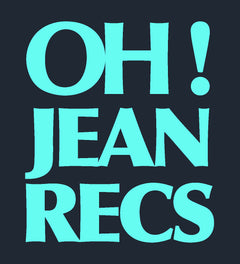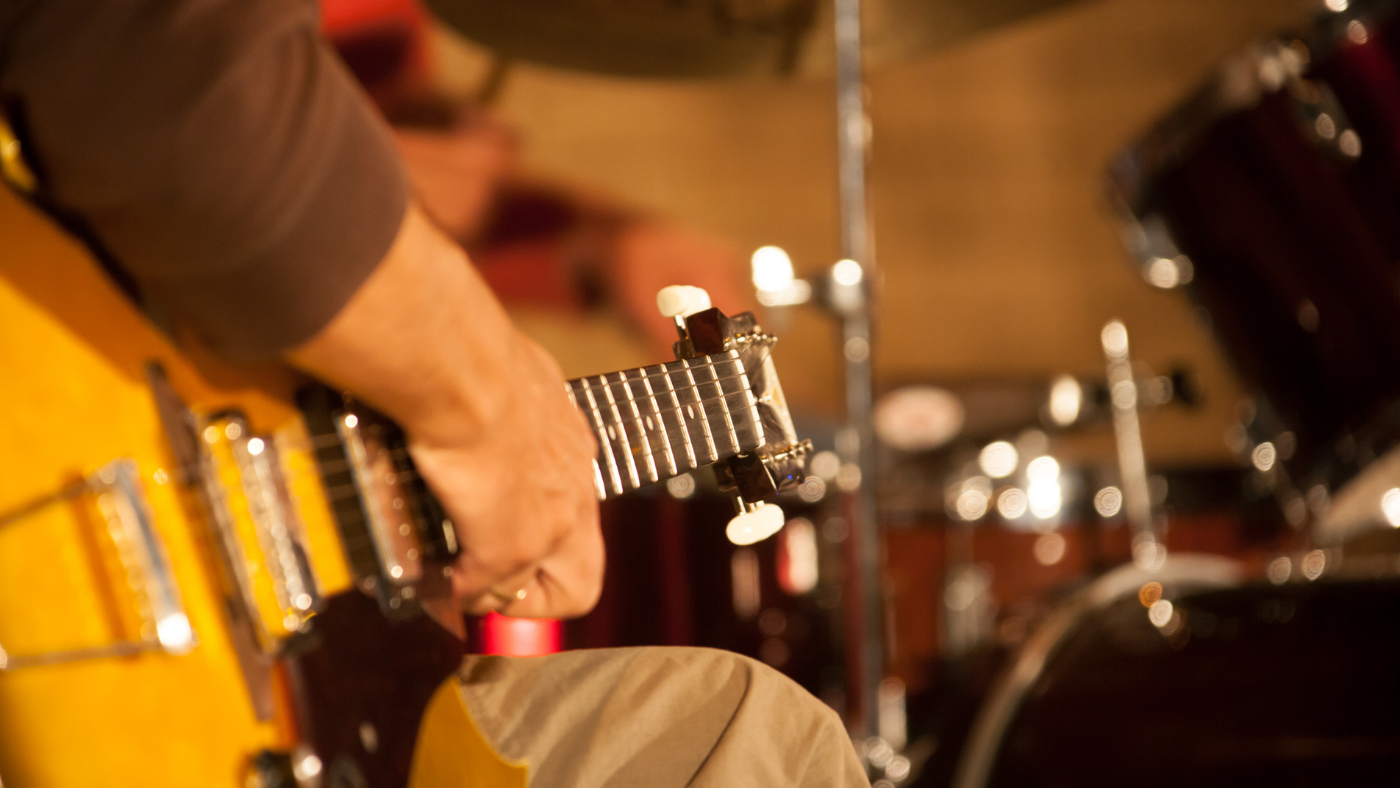All About Gil Scott
Gil Scott Heron was an American poet, spoken word artist, and social activist. He gained recognition for his songs, such as "Winter in America," "Lies," "I'm New Here," and "Whitey on the Moon."
The poet Gil Scott Heron is remembered as one of the best lyricists of the 20th century. His songs about race, war, and the world's state have had a lasting impact on music and politics. His songs are also among the most enduring of the era, with his "Whitey on the Moon" being one of the most popular songs of the 1970s.
Heron was a member of the legendary New York City poet scene. He was a member of the influential avant-garde group the Last Poets, including Gil's brother, Charles, and fellow poet, Ishmael Reed. He also wrote for the underground newspaper Black Panther and was a regular contributor to the Village Voice.
Early Life
Gil Scott Heron was born in Baltimore, Maryland, on January 21, 1950. His father, James "Scotty" Heron, was a jazz musician, and his mother, T. Scott Heron, was a schoolteacher. His father was also an alcoholic, and the family moved often. Heron was raised in New York City and Westchester County, New York. He attended the High School of Music and Art in New York City and was a member of the school's poetry club.
After that, In 1970, Heron enrolled at the University of Maryland, College Park, where he majored in English and minored in African-American studies. He also participated in the school's poetry club.
In 1973, Heron graduated from the University of Maryland, College Park, with a Bachelor of Arts degree. In 1974, he earned a Master of Arts degree in English from the City College of New York.
Career
Heron began his career as a poet and spoken word artist. He performed at the Apollo Theater in Harlem and the Metropolitan Museum of Art in New York. His first album, Small Talk, was his breakthrough. His another album Groovin' At Smalls' Paradise was released in New York in 1958.
The album included his hit song, "The Revolution Will Not Be Televised", which became a protest song against the Vietnam War. The song was later covered by many artists, including The Clash, Bob Dylan, The Police, The Clash, The B-52s, and Public Enemy.
“The Revolution Will Not Be Televised” is a song released in 1970. Gil Scott-Heron and Brian Jackson wrote the lyrics and music. Scott-Heron was a member of the Last Poets musical group, and he wrote songs for the musical stage production We’ll Get By. Furthermore, he also wrote the song "The Revolution Will Not Be Televised (Reprise)."
Heron's first major public performance was in 1971 when he performed with the Black Arts Repertory Theatre. In 1973, he joined the American Federation of Musicians. He was also a member of the Black Arts Repertory Theatre, the Black Panther Party, and the League of Revolutionary Black Workers. Heron was a vocal supporter of the Black Panther Party, and he also became a member of the Black Liberation Army.
Since the late 1960s, Heron had been a vocal supporter of the Black Power movement, and he was an early advocate of the Black Arts Movement.
Heron was also a member of the musical group the Last Poets. He also wrote the songs “A New York State of Mind” and “Whitey on the Moon,” all of which appeared on his self-titled debut album, released on Scott-Heron’s independent label, Black-Crow Records. The album also included “The Revolution Will Not Be Televised”, described as “the most famous protest song.”
Heron also wrote the song "The Bottle," which appeared on his third album, Pieces of a Man. In 1977, he released his fourth album, Winter in America. The album included the songs "The Bottle" and "The Revolution Will Not Be Televised (Reprise)."
In brief, the song was a sequel to the song "The Revolution Will Not Be Televised", which appeared on his first album, Small Talk at 125th Street.
I'm new here is the 15 and last studio album by Heron. It was released in 2010. The album included the songs "I'm New Here," "Don't Let the Man Get You Down," "My Brother," and "My Brother, My Sister, Myself." It was also a follow-up to his first album, Small Talk at 125th Street. Heron wrote the songs on this album, and they were about the struggle of black people. In brief, the album was a concept album, and it was about the struggles of black people.
The song was a sequel to the song "The Revolution Will Not Be Televised", which appeared on his first album, Small Talk at 125th Street. The song was a protest song against the Vietnam War.
Heron died in New York City on May 27, 2011. Heron was taken to Jacobi Medical Center in the Bronx, New York, where he died on May 27, 2011.
Conclusion
In conclusion, Heron was a poet, spoken word artist, musician, singer, and activist. Gil Scott Heron was born on March 4, 1950. He was also a member of the Black Arts Movement. Furthermore, he was also a member of the Black Panther Party, the League of Revolutionary Black Workers, and the Black Liberation Army. His song “The Revolution Will Not Be Televised” was included on the soundtrack of Spike Lee’s film Do the Right Thing. He joined the Black Panthers in his late teens and was named “Gil Scott.” His work appeared on the albums Whitey on the Moon and The Midnight Special.

